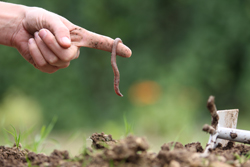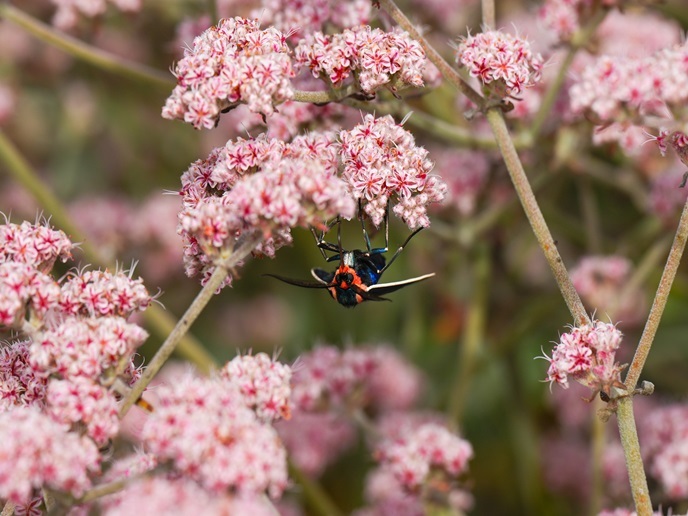Worming our way naturally to healthier soil
Nematodes or roundworms are one of the most common parasites found in soil. They feed on plant roots, stems, leaves, flowers and seeds and are a major contributor to agricultural crop losses. A vast number of crops in the EU are lost to nematode infestations, and current treatments have shown to be impractical, costly or toxic to the environment. Existing treatments include chemical nematicides (soil fumigants), solar heating/steaming and intense crop rotation. The project ′Non-toxic and cost-effective essential oil-based nematicide and soil delivery system (Nemasys) is working on a radically different approach. It is developing an eco-friendly nematicide from a unique blend of naturally occurring essential oils that can combat nematode infestations without harming the soil and environment. These non-toxic oils have been tested positively in laboratory research on potato cyst nematodes. The overall objectives of the project are to develop better essential oils that are more effective at eradicating or neutralising nematode activity. This requires the formulation of a suitable emulsifier to allow these oils to come into contact with the nematodes in soil. It also requires a new biodegradable soil delivery system, with plans for a time-release delivery system already under development. Once these have been achieved, minor issues such as treatment instructions, dosage and field trials must be established. Needless to say, the environmental impact must continuously be monitored to ensure it is safe. If all goes to plan, the Nemasys approach will yield a non-toxic nematicide that can be applied in a timely and cost-effective manner, removing the need for complete soil sterilisation which occurs with traditional methods such as toxic fumigation or steam. There are several potential environmental and health benefits to this project. The acute neurotoxic effects of the highly toxic chemical nematicides have been linked with cancer and birth defects. The project is expected to reduce negative health effects on operators and others caused by wind drift, water pollution, etc. The project will also contribute to enhancing food quality and safety by providing consumers with fruit and crops free from pesticide residues. Important progress has been made here, and field testing and licensing are imminent. Ultimately this eco-friendly approach to combating pests in agriculture may open the door to other similar ideas in the future, leading to better health, better food and better environments.







